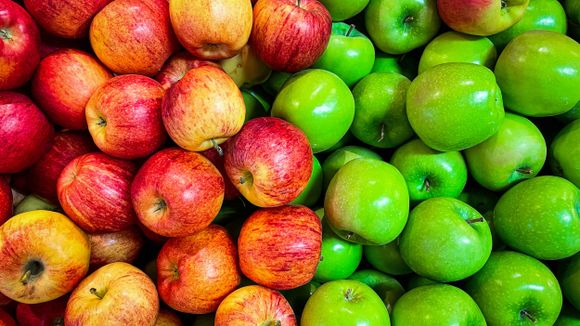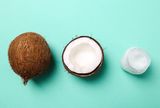Why are calories so important?
As a general scientific term, a calorie is defined as the amount of heat needed to raise the temperature of a unit of water from zero degrees Celsius to 1 degree. In dietetics, the calorie is a unit of energy that comes from the foods we eat.
Calories matter in your diet because they determine whether you gain, lose weight, or maintain your weight. In addition, both the total number of calories you take in and the source of those calories can affect your health.
The caloric balance of your diet is one of the factors in determining overall health. You are in caloric balance when, over time, the number of calories you take in corresponds to the number of calories you burn through metabolism and physical activity. With excess calories, you consume more calories than you use, and this can lead to weight gain. In contrast, a calorie deficit means that you burn more calories than you consume, leading to a loss of body mass.
During growth, a calorie surplus is needed, but involuntary intake of more than the required amount of calories leads to unwanted weight gain. Purposefully putting yourself into a calorie deficit can help you lose unwanted weight, which can help with conditions such as obesity, type 2 diabetes, inflammatory diseases, depression and anxiety, even cancer.
The proportion of calories you take in through the various macronutrients proteins, carbohydrates and fats is just as important as the absolute number of calories you take. A healthy, well-balanced diet that supports all of your body's physiological processes implies 10 to 35 percent calories from protein, 45 to 65 percent from carbohydrates, and the remaining 20 to 35 percent from fat.
Consuming just the number of calories you need to maintain your body's functions also helps you stay healthy. Taking more than necessary can eventually lead to obesity, with an increased risk of cancer and metabolic disorders. 2
And now, let's move on to today's important question, namely:
What are some foods with zero (0) calories?
Contrary to what the name suggests, these foods don't have zero calories. So how can foods be zero-calorie if they have some nutritional energy in them? According to health experts, these foods, also known as near-zero-calorie foods, are vegetables and fruits that supposedly take up more energy to digest than they provide for your body. Thus, their effect in the body leads to the expenditure of more calories than provided, which to some extent makes them foods with 0 calories.
There are a number of benefits to eating near zero-calorie foods. First, they can help you feel full longer. This means you'll be less likely to overeat and snack between meals. Most of these foods contain fiber, healthy fats, and protein that help you feel full from food. Some have a high water content, which can also help with satiety.
List of the Best Zero-Calorie Foods and How You Can Consume Them
Apples
One cup (125 g) of this fruit has about 65 calories. Apples are considered great for weight loss not only because of their low energy content, but also because they are high in fiber and water.
Kale
One cup of kale has 8.75 calories. Kale is rich in antioxidants that help counteract oxidative damage from free radicals in the body. It also has a high content of nutrients and vitamins such as vitamin C, which boosts immunity.
Celery
Consuming the whole vegetable, not just the juice, provides 5.6 calories, but with them a bunch of vitamins and minerals. The vegetable is rich in antioxidants, protecting your cells, blood vessels and organs from oxidative damage.
Blueberries
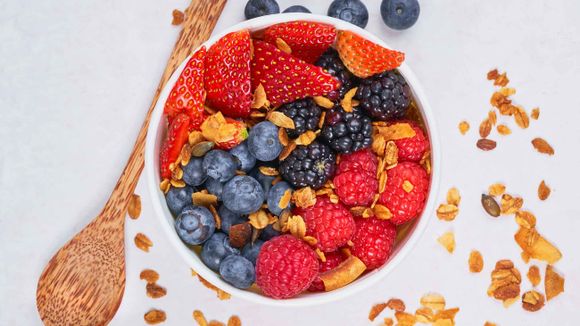
Half a cup contains about 40 calories and is packed with antioxidants that can boost your immune system and protect you from diseases like cancer, heart disease, and dementia. 3
Blackberries
About 100 grams of them have about 43 calories and provide polyphenols, which help reduce inflammation and prevent heart disease, cancer and type II diabetes.
Strawberries
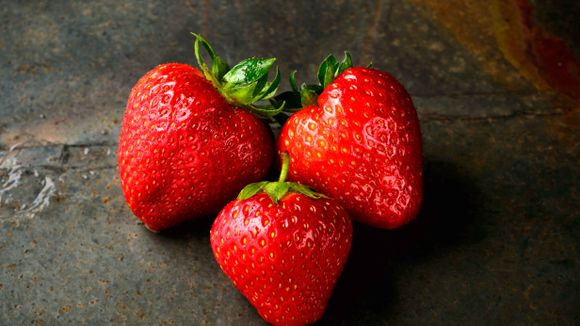
One cup contains 48 calories and is packed with vitamin C, folic acid, fiber, and antioxidants. Strawberries can help lower high blood pressure and cholesterol, help you manage blood sugar, and fight the effects of aging on the brain.
Cranberries
One cup of them has about 46 calories, often used as tea or in dietary supplements to prevent urinary tract infections.
Arugula
One cup (20 g) of this dark leafy green has about 5 calories. Arugula is often used in salads, and when consumed, it provides your body with numerous nutrients such as calcium, potassium, folate, vitamin C, K and A.
Grapefruit
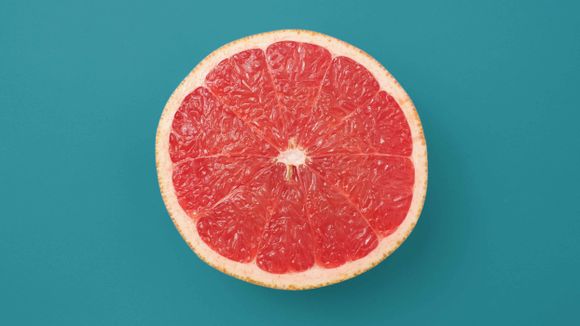
This citrus fruit is low in calories - 42 calories for every 100 g, which has numerous minerals and vitamins. These citrus have a low glycemic index and thus will not negatively affect blood sugar levels.
Broccoli
Just 100 grams of broccoli has 34 calories. This vegetable is a good source of fiber and protein and contains iron, potassium, calcium, selenium and magnesium, as well as vitamins A, C, E, K and a good set of B vitamins, including folic acid.
Carrots
A carrot has about 25 calories and is rich in vitamins, fiber, antioxidants and minerals. Carrots have benefits for better vision, and their antioxidants associate them with a lower risk of leukemia, breast and lung cancer. 4
Cauliflower
Like broccoli, cauliflower is a super low-calorie food, as 100 g of it contains only 25 calories. The vegetable is high in water, which helps you stay hydrated, has a high fiber content that promotes satiety, and has glucosinolates that can help prevent cancer.
Cucumbers
About 100 grams of cucumbers have only 15 calories with 95.23 g of water, which is an excellent water content. In addition, cucumbers provide vitamin K, fiber and cucurbitacin - nutrients that are supposed to help stop cancer cells from reproducing.
Lemon and lime juice
Often added to salads or refreshing drinks, lemon or lime juice is almost calorie-free.
